NATO Allies are increasingly working to share the burden of acquiring expensive defence equipment the alliance says.
A new cooperation framework has been launched, promising more favourable terms for acquiring critical land based munitions.
The new cooperation framework will therefore contribute to more flexible and resilient European munitions stockpiles. NATO Deputy Secretary General Rose Gottemoeller welcomed the initiative, saying that it will “increase our ability to share and interchange these munitions, and therefore operate together more smoothly and effectively.”
Recently, policy experts, diplomats and military representatives met on Friday to discuss maritime cooperation between NATO and the European Union.
The meeting, hosted at Norway House in Brussels, was designed to draw lessons for future cooperation at sea, building on NATO-EU experience in countering piracy in the Indian Ocean and working side-by-side in the Mediterranean. Participants discussed all aspects of maritime cooperation: from planning through execution and post-crisis management, as well as legal considerations and the contributions of industry.
NATO and the European Union have built a solid track record of effective cooperation in the maritime domain. NATO’s Operation Ocean Shield and the EU’s Operation Atalanta worked side-by-side for several years, fighting piracy off the coast of Somalia. NATO and the EU have also worked together in the Mediterranean.
Since February 2016, NATO ships have been supporting the EU in tackling illegal migration in the Aegean Sea. In July 2016, NATO launched a new maritime operation, Sea Guardian, which supports some of EU Operation Sophia’s activities in the Mediterranean Sea.
The seminar is part of 42 cooperation measures which NATO and the EU agreed in December 2016. The event is organised with the support of the Mission to Norway to the EU and the Permanent Representation of the Netherlands to the EU.
NATO and the European Union reinforce each other in a wide range of areas, from cooperation at sea, through resilience to hybrid threats, to helping build the defence capacities of partner countries.
In a joint report, presented yesterday to NATO Ministers of Defence, NATO Secretary Jens Stoltenberg and EU High Representative/Vice-President of the European Commission Federica Mogherini confirmed that this cooperation is developing well and will continue, potentially expanding to new areas.


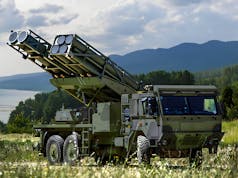



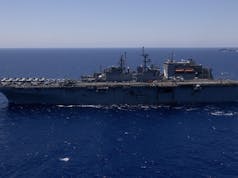
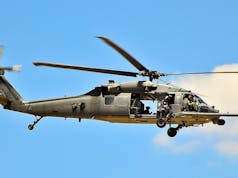
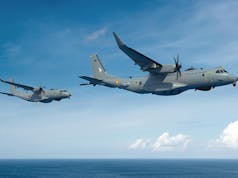
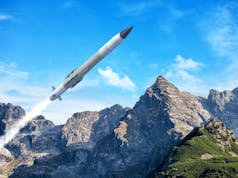

EU is a joke. They are too interested in Farm subsidies, building headquarters buildings and paying for the unelected commission and 95,000+ EU civil servants.
As Europe moves ever closer to becoming the Greater Germanic Republic where all decisions are deferred to chancellor Merkel and her deputy lap dog Macron, NATO becomes less relevant. The UK, USA and Canada with Norway should simply state that the EU is either in NATO or is separate to NATO you cannot have both. You cannot have an organisation within an organisation.
Seriously would the UK for example be able to rely on the EU militarily to come to our aid. Hell no! They never have and never will. However they are all to keen to demand our help when the chips are down. Remember WW2 EU? No, thought not.
the EU is full of selfish, inconsiderate, greedy and corrupt individuals who want their cake- UK defence and monetary contributions but give nil back. Better off out of it. We should set up a new defence organisation New Nato or the 9 powers UK, USA, Canada, Norway, India, Australia, New Zealand, Japan, South Korea and go it alone.
leave the EU to its own self and see how they get on.